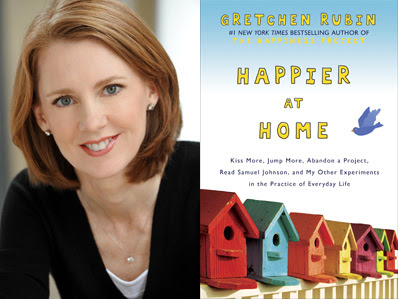 | ||
| Essayist, poet and feminist activist Adrienne Rich |
Universal Heart Book Club co-host Stephanie Dowrick shares a link from Flavorwire that takes you to a world of rich essay writing by women writers.
Are essays your "thing"? Or does the mere word "essay" (to try) bring back hideous memories of school, late night panic and the arid call to conformism?
I hope not, because for a surprising number of readers essays do bring a quite exquisite joy, especially when they persuade through the personal. Some of the articles on this blog are "essays": denser and more discursive or original in thought than a review or "article" conventionally is.
For many decades it's been a struggle for all but a few writers to get substantial essays published. Though that may be changing with the blossoming of on-line publishing initiatives such as Inside Story (where you will find a challenge to the ideology of "global thinking" in an exceptionally fine new essay from Jane Goodall, a valued contributor to this Book Club) or, indeed, this Universal Heart Book Club. The huge work that goes into crafting a worthwhile essay is more often than not unrewarded financially (most on-line publishers can't pay in anything but good will and gratitude). And given that writers do need to eat something beyond their own words, that matters. But at least the depth of thinking and careful craft that an essay demands are getting some honouring - and some reading.
Writer and literary agent Virginia Lloyd recently pointed out - via Twitter - this stimulating list by Emily Temple on Flavorwire of essays by women writers that, the article claims, we should all read. Temple's list obviously reflects her own taste and opinions - the privilege of the essayist - but I like it. It includes Annie Dillard - my own favourite essayist (more on her another time) - and also Adrienne Rich, Zadie Smith, Joan Didion, Natalia Ginzburg, Jamaica Kincaid and Virginia Woolf, among other less well known names. The article is broken up with ads (easily ignored). More wonderfully, it offers links on to most but not all of the essays that are discussed. Those that I found and have already read were all worth careful attention. Those few that can't be immediately read, you may have to seek out for yourself.
And I'd love you to do more than that. Make suggestions here (in "Comments") of essays we should all read...and tell us why. Personal passion is often reason enough. The writing and reading world needs passionate readers as much as passionate writers. Perhaps even more.
 |
| Zadie Smith, novelist and essayist |
(This is YOUR Book Club! Easy to comment on this or any of our many articles and reviews using "Anonymous" if you don't have Google email. Watch for "captcha" - it proves you are a person and saves us from spammers. Note two sets of letters/numbers, with a space between.)


















